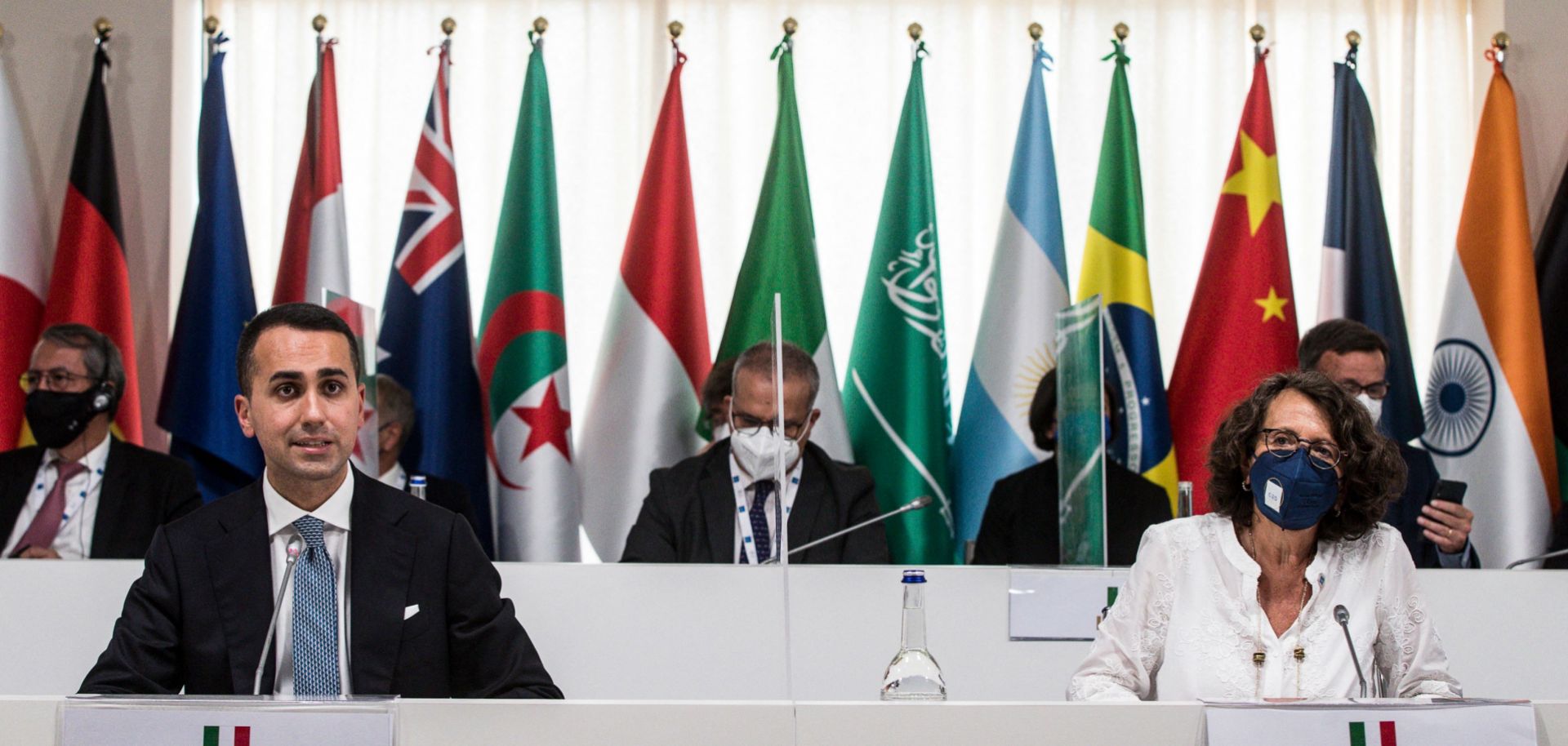Competing interests between the European Union, the United States and emerging economies could prevent Group of 20 (G-20) countries from reaching a deal on a global tax overhaul. This would deprive governments of much-needed resources to cope with the aftershocks of the COVID-19 pandemic by discouraging corporate tax shifting. G-20 finance ministers will meet in Venice on July 9-10 to discuss a draft global tax deal agreed to in principle by 130 countries on July 1, with the aim of completing it by the G-20 summit in October. At stake is up to about $200 billion a year in potential lost tax revenues from not passing the deal at a time when governments worldwide are facing large post-pandemic budget deficits and rising public debt, as well as renewed tensions caused by mainly U.S.-based multinational tech companies not paying taxes on digital services sold abroad....

